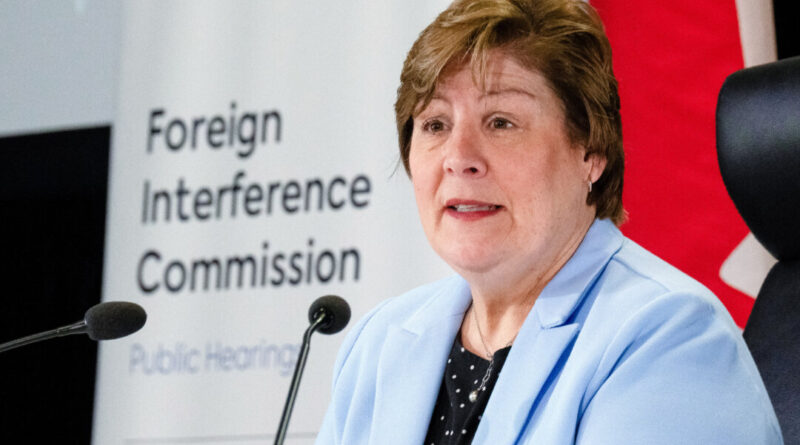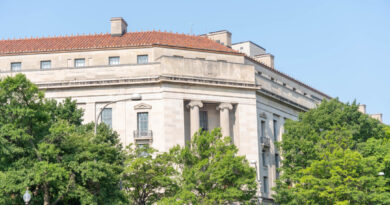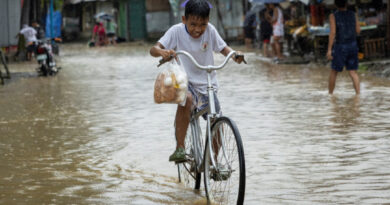Canadians Demand Transparency on Foreign Collusion Involving Parliamentarians: Hogue Commission Seeks Public Input
The Foreign Interference Commission states that it has received numerous requests from Canadians during its public consultations to disclose the names of parliamentarians allegedly linked to foreign interference.
A report published on Jan. 16 summarized the responses to petitions and questionnaires received by the commission, with participants calling for more transparency regarding “the approach taken by Canada’s politicians to foreign interference issues,” as reported by Blacklock’s Reporter.
The report highlighted concerns from participants about politicians potentially downplaying CSIS intelligence related to politicians. Respondents also emphasized the need for investigating, publicly identifying, and punishing compromised actors within Canada’s political sphere.
“Canada should look into elected and appointed government officials and public servants who may be involved in foreign interference, whether actively or passively,” the commission stated in summarizing the concerns raised.
In a special report released last June, the National Security and Intelligence Committee of Parliamentarians (NSICOP) mentioned that some parliamentarians were knowingly or unknowingly participating in foreign interference activities. This included sharing sensitive information with foreign diplomats, following requests from foreign officials to influence parliamentary work.
Dominic LeBlanc, the former Public Safety Minister, acknowledged being aware of “a number of names” mentioned in the intelligence report, while Prime Minister Justin Trudeau testified before the commission about his knowledge of intelligence related to parliamentarians involved in foreign interference.
Targeted Communities
The commission gathered over 200 written submissions and 624 questionnaire responses during its public consultations. In addition, it conducted consultation meetings with 105 individual members of diaspora communities. The report identified various communities frequently targeted by Chinese interference, including Falun Gong practitioners, Uyghurs, Tibetans, and immigrants from Hong Kong.
The commission received submissions calling for investigations into those targeting Falun Gong and its practitioners in Canada, including individuals and organizations acting on behalf of the Chinese Communist Party (CCP). Submissions also urged proactive measures against those undermining the practice.
Given the Chinese regime’s repression of religious and ethnic groups such as Tibetans and Uyghurs, along with the escalating crackdown on democracy in Hong Kong, submissions recommended creating immigration pathways for individuals from these regions and expanding humanitarian and family reunification options.
Other suggestions included investigating organizations supporting or condoning human rights violators, tracking transnational repression activities, and identifying local entities with ties to the Chinese consulate susceptible to CCP influence.
In an interim report issued in May, the commission emphasized that targeting and manipulating diaspora communities is a primary method used by countries to interfere in Canada. The report noted that the CCP allocates a substantial budget to its United Front Work Department for controlling the Chinese diaspora, influencing international opinion, and pressuring politicians to support Beijing’s agenda.
The Foreign Interference Commission is set to release its final report by the end of January.
Noé Chartier contributed to this report.



